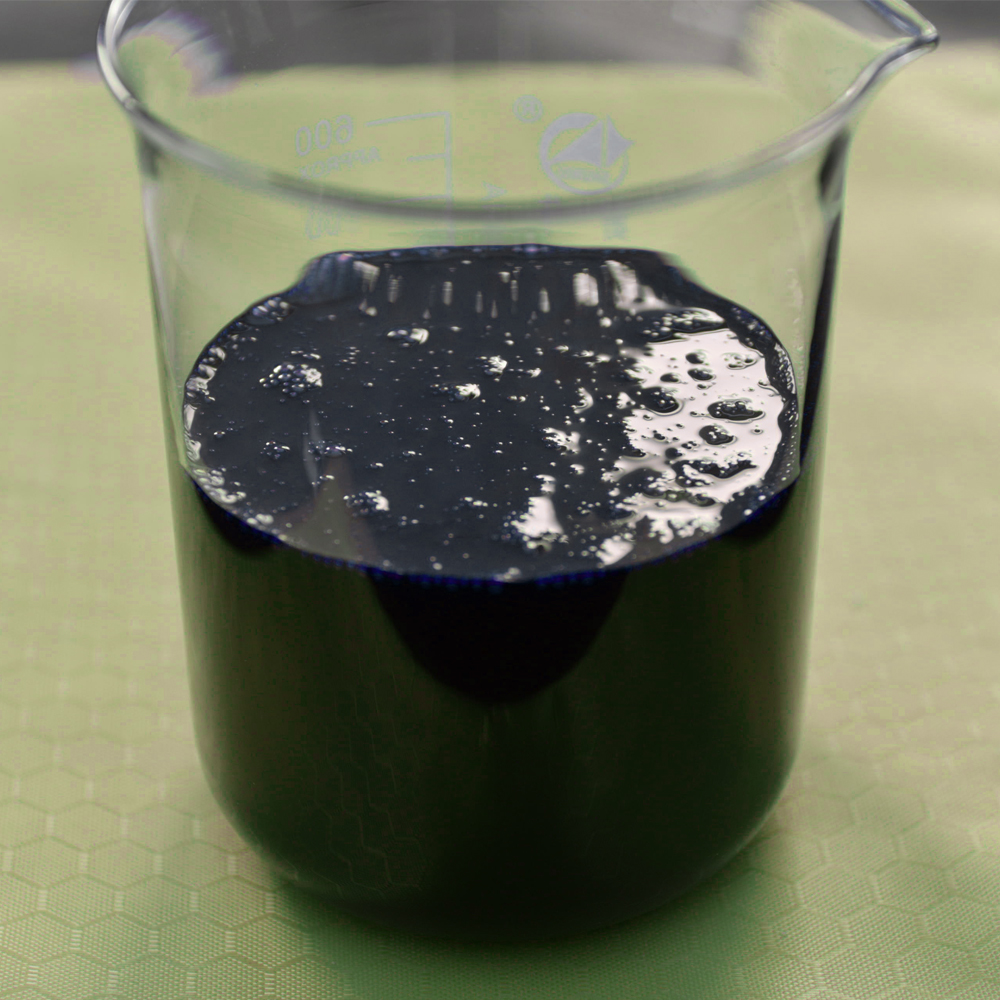Table of Contents
Benefits of Using Warm Mixing Asphalt Modifiers
Warm mixing asphalt modifiers are a type of additive that can be used to improve the performance and durability of asphalt mixes. These modifiers are added to the asphalt mix during the mixing process, and they help to lower the temperature at which the mix can be produced. This has a number of benefits, both for the Environment and for the quality of the asphalt itself.
One of the main benefits of using warm mixing asphalt modifiers is that they can help to reduce the energy consumption associated with producing asphalt mixes. Traditional hot mix asphalt production requires the use of large amounts of energy to heat the aggregate and asphalt binder to high temperatures. By using warm mixing modifiers, it is possible to produce asphalt mixes at lower temperatures, which can result in significant energy savings.
In addition to reducing energy consumption, warm mixing asphalt modifiers can also help to reduce greenhouse gas emissions. The production of hot mix asphalt releases large amounts of carbon dioxide and other greenhouse gases into the atmosphere. By lowering the production temperature of asphalt mixes, warm mixing modifiers can help to reduce these emissions, making asphalt production more environmentally friendly.
Another benefit of using warm mixing asphalt modifiers is that they can improve the workability of the asphalt mix. When asphalt is produced at lower temperatures, it is easier to work with and can be compacted more effectively. This can result in a smoother, more durable pavement surface that is less prone to cracking and rutting.
Warm mixing asphalt modifiers can also help to extend the paving season, allowing contractors to work in colder temperatures and in more challenging weather conditions. This can help to reduce downtime and delays on construction projects, leading to cost savings and improved project timelines.
Overall, warm mixing asphalt modifiers offer a number of benefits for both the environment and for the quality of asphalt pavements. By reducing energy consumption, lowering greenhouse gas emissions, improving workability, and extending the paving season, these modifiers can help to make asphalt production more sustainable and efficient.
In conclusion, warm mixing asphalt modifiers are a valuable tool for improving the performance and durability of asphalt mixes. By lowering production temperatures, these modifiers can help to reduce energy consumption, lower greenhouse gas emissions, improve workability, and extend the paving season. Contractors and engineers who are looking to improve the quality and sustainability of their asphalt pavements should consider using warm mixing modifiers in their mixes.
How Warm Mixing Asphalt Blend Enhancers Improve Pavement Performance
Warm mixing asphalt modifiers, also known as blend enhancers, are additives that are used in the production of asphalt mixtures to improve pavement performance. These modifiers are added to the asphalt mix during the mixing process to lower the production temperature of the asphalt mixture. This results in a more workable mixture that can be laid at lower temperatures, reducing energy consumption and greenhouse gas emissions.
One of the key benefits of using warm mixing asphalt blend enhancers is the reduction in energy consumption during the production of asphalt mixtures. Traditional hot mix asphalt production requires high temperatures to heat the aggregate and asphalt binder to the point where they can be mixed together. This process consumes a significant amount of energy, contributing to higher production costs and increased greenhouse gas emissions. By using warm mixing asphalt modifiers, the production temperature of the asphalt mixture can be lowered, reducing the amount of energy required to produce the mix.
| Number | Article Name |
| 1 | Warm mix pavement enhancers |
In addition to reducing energy consumption, warm mixing asphalt blend enhancers also offer improved workability of the asphalt mixture. Lowering the production temperature of the asphalt mix makes it easier to work with, allowing for better compaction and a more uniform distribution of the aggregate and asphalt binder. This results in a smoother pavement surface that is less prone to cracking and rutting, leading to improved pavement performance and longevity.

Furthermore, warm mixing asphalt modifiers can help reduce the environmental impact of asphalt production. By lowering the production temperature of the asphalt mix, less energy is required to produce the mix, resulting in lower greenhouse gas emissions. Additionally, warm mix asphalt technology can help reduce the amount of volatile organic compounds (VOCs) emitted during the production process, further reducing the environmental impact of asphalt production.
Another advantage of using warm mixing asphalt blend enhancers is the ability to extend the paving season. Traditional hot mix asphalt production is limited by temperature, with colder temperatures making it difficult to produce and lay asphalt mixtures. By using warm mixing asphalt modifiers, the production temperature of the asphalt mix can be lowered, allowing for paving to take place in cooler temperatures. This extends the paving season, allowing for more flexibility in scheduling and reducing downtime due to weather constraints.
Overall, warm mixing asphalt blend enhancers offer a number of benefits for improving pavement performance. By reducing energy consumption, improving workability, and reducing environmental impact, these modifiers can help produce high-quality asphalt mixtures that result in smoother, longer-lasting pavements. Additionally, the ability to extend the paving season provides greater flexibility in scheduling and reduces downtime due to weather constraints. As the demand for sustainable and cost-effective pavement solutions continues to grow, warm mixing asphalt modifiers are becoming an increasingly popular choice for improving pavement performance.

